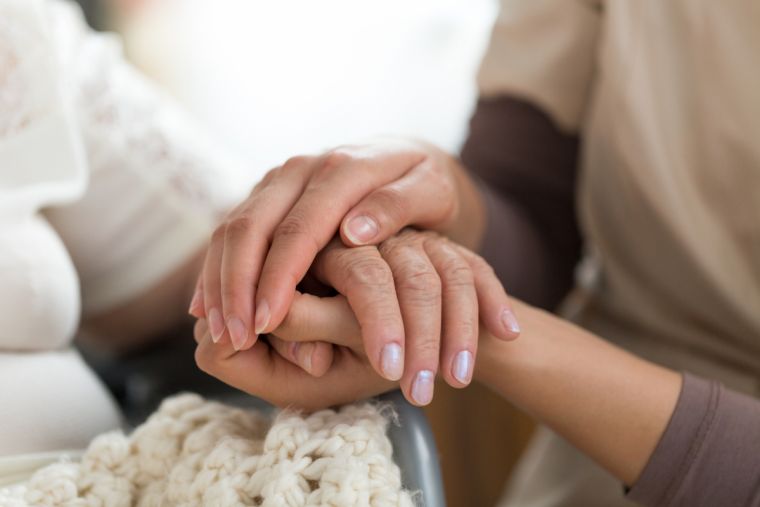Alarming suicide rates among seriously ill are not grounds for legalising assisted suicide, say campaigners

New figures on suicide among people diagnosed with severe health conditions point to a need to improve care and support, not change the law on assisted suicide, campaigners have said.
Data released this week by the Office for National Statistics (ONS) showed that people with severe and potentially terminal health conditions are twice as likely as the rest of the general population to take their own lives.
The data was commissioned by former health secretary Matt Hancock to assist the debate on assisted suicide, which has been given prominence again by Baroness Meacher's Bill calling for the practice to be made legal.
Responding to the new ONS data, pro-assisted suicide campaigners claim it is evidence of a need to change the law.
Sarah Wootton, Chief Executive of Dignity in Dying, said it showed that "the current law has serious patient safety implications for dying people which can no longer be ignored".
Dr Gordon Macdonald, Chief Executive of the Care Not Killing alliance, which opposes assisted suicide, welcomed the publication of the data but said that the figures "do not" support calls for a change to the law.
"We know from dozens of published reports there is a clear link between getting a terminal diagnosis and treatable clinical depression," he said.
"Indeed, a major review of the academic literature from the American Psychiatric Association found as many as eight in 10 patients suffer from treatable depression especially in the first year after diagnosis.
"Clearly this problem is compounded by a failure to offer the right level of care and support to vulnerable men and women at their time of need."
Care Not Killing is an alliance of 40 organisations working in human rights, disability rights, health care and palliative care. It also includes faith-based groups.
Dr Macdonald called for better support and palliative care.
"[T]hese ONS figures suggest that much more work needs to be done to support dying and vulnerable people by providing them with universal access to treatment for both their physical and psychological needs," he said.
"This means extending high quality palliative care to all those who need it, not reaching for a cheap short-term solution of facilitating a rise in people committing suicide of having their lives ended by the state."











